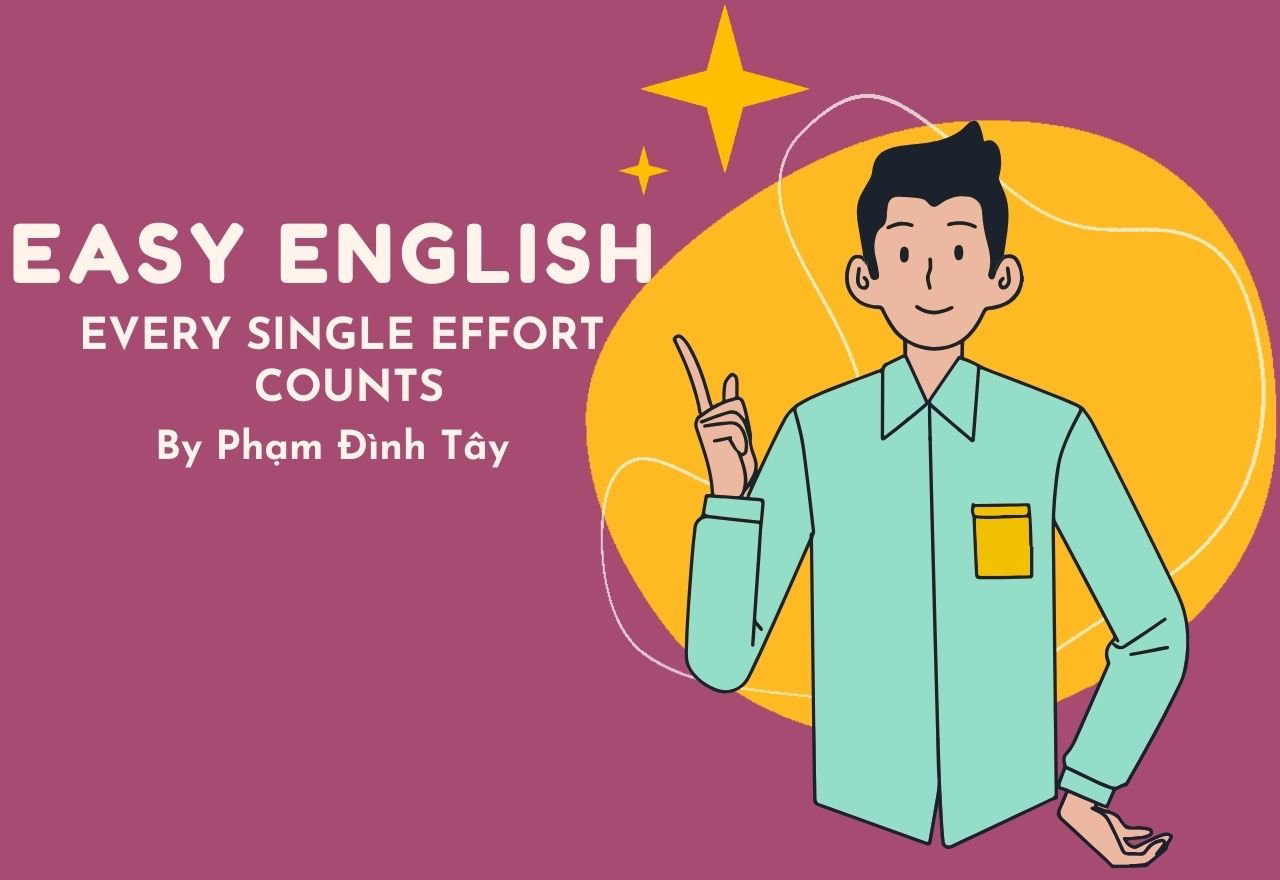|
Word |
Part of speech |
Pron |
Definition |
Example |
|
express |
v |
ɪkˈspres |
Diễn đạt, biểu lộ |
Bill’s not afraid to express his opinions. |
|
peer |
n |
pɪə |
Người đồng cấp, ngang hàng |
American children did less well in math than their peers in Japan. |
|
prompt |
v |
prɒmpt |
Gợi ý, xúi giục |
What prompted you to buy that suit? |
|
irritated by |
adj phr |
ˈɪrəteɪtəd baɪ |
Khó chịu, bực bội |
She was irritated by the traffic noise as she was trying to study. |
|
anxious about |
adj phr |
ˈæŋkʃəs əˈbaʊt |
Lo âu, lo lắng |
He was anxious about the safety of the machinery |
|
proud of |
adj phr |
praʊd əv |
Tự hào về |
Her parents are very proud of her |
|
frustrated by |
adj phr |
frʌˈstreɪtəd baɪ |
Bực bội, khó chịu |
He gets frustrated when people don't understand what he is trying to say |
|
disappointed with |
adj phr |
ˌdɪsəˈpɔɪntəd wɪð |
Thất vọng về |
People living nearby were disappointed with the decision. |
|
opposed to |
adj phr |
əˈpəʊzd tə |
Không đồng tình, không tán thành |
Many people in Europe are opposed to the death penalty |
|
data |
n |
ˈdeɪtə, ˈdɑːtə |
Dữ liệu |
The research involves collecting data from two random samples. |
|
identify |
v |
aɪˈdentəfaɪ, aɪˈdentɪfaɪ |
Nhận dạng |
He was too far away to be able to identify faces. |
|
form of communication |
n phr |
fɔːm əv kəˌmjuːnəˈkeɪʃən |
Cách thức liên lạc, giao tiếp |
Email is a common form of communication these days. |
|
response to |
n phr |
rɪˈspɒns tə |
Phản hồi tới, câu trả lời cho |
The law was passed in response to public pressure. |
|
stress levels |
n phr |
stres ˈlev əlz |
Mức độ lo âu căng thẳng |
Yoga has a positive effect on stress levels. |
|
release |
v |
rɪˈliːs |
Chảy ra, thoát ra |
The release of toxic waste into rivers is banned. |
|
bring up |
phr v |
brɪŋ ʌp |
Nuôi nấng |
He was brought up by his grandparents. |
REVIEW VOCABULARY
Part 1: Read aloud
Read those sentences aloud.
-
Many people feel anxious about giving speeches as a form of communication, especially when they must express personal opinions. Such situations can often bring up higher stress levels and nervousness.
-
Teens often feel proud of their achievements but may feel disappointed with how a peer responds. For some, a negative response to success can leave them frustrated by their friendships.
-
Data shows how stress levels release certain hormones. Experts identify signs of anxiety, like feeling irritated by daily challenges, and encourage talking openly as a form of communication to ease tension.
-
It’s common to feel frustrated by criticism from peers, especially if one is anxious about performance. Learning to manage emotions can help release stress and enable open, honest communication.
-
People opposed to change may feel irritated by suggestions for improvement. However, if they bring up concerns openly, it becomes a positive form of communication and can lower stress levels.
Part 2: Listen and fill in the blanks
Click the link and do the task online
https://englishwithmrtay.blogspot.com/2024/10/pte-vocabulary-b1-4.html

